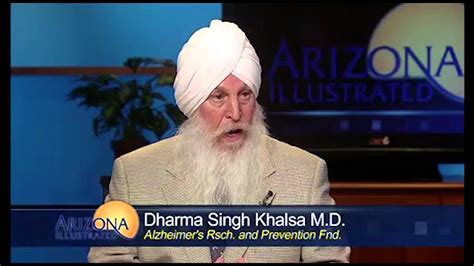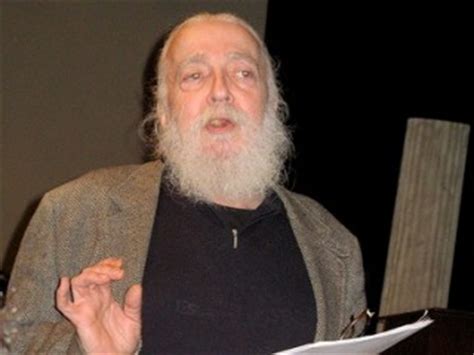A Quote by Gro Harlem Brundtland
We are also in the process of defining how best to work together with food and other companies to address diet and physical activity factors in order to prevent chronic diseases.
Related Quotes
...There's a lot of money in the Western diet. The more you process any food, the more profitable it becomes. The healthcare industry makes more money treating chronic diseases (which account for three quarters of the $2 trillion plus we spend each year on health care in this country) than preventing them.
Medicine has been successful by treating diseases in a very specific way once the damage is done. But telomere length integrates a lot of factors together and gives you an overall picture of risk for what is now emerging as a lot of diseases that tend to occur together, such as diabetes and heart disease.
Physical separateness can never be overcome by electronics, but only by 'conviviality,' by 'living together' in the most literal physical sense. The physically divided are also the conquered and the controlled. 'True desires' - erotic, gustatory, olfactory, musical, aesthetic, psychic, & spiritual - are best attained in a context of freedom of self and other in physical proximity & mutual aid. Everything else is at best a sort of representation.
What we need to do now is recognize that it is the sum total of human ingenuity that is responsible for the epidemics of chronic disease. Throughout most of human history, calories were scarce and hard to get, and physical activity unavoidable. Calories are now abundant, and physical activity is hard to get. We took an unstable, uncertain food supply and fixed it. What now passes as exercise and requires specialized footwear used to be called "survival." You had to do it. Now you never have to do it. We solved it too well. Now we don't need our muscles for anything.































